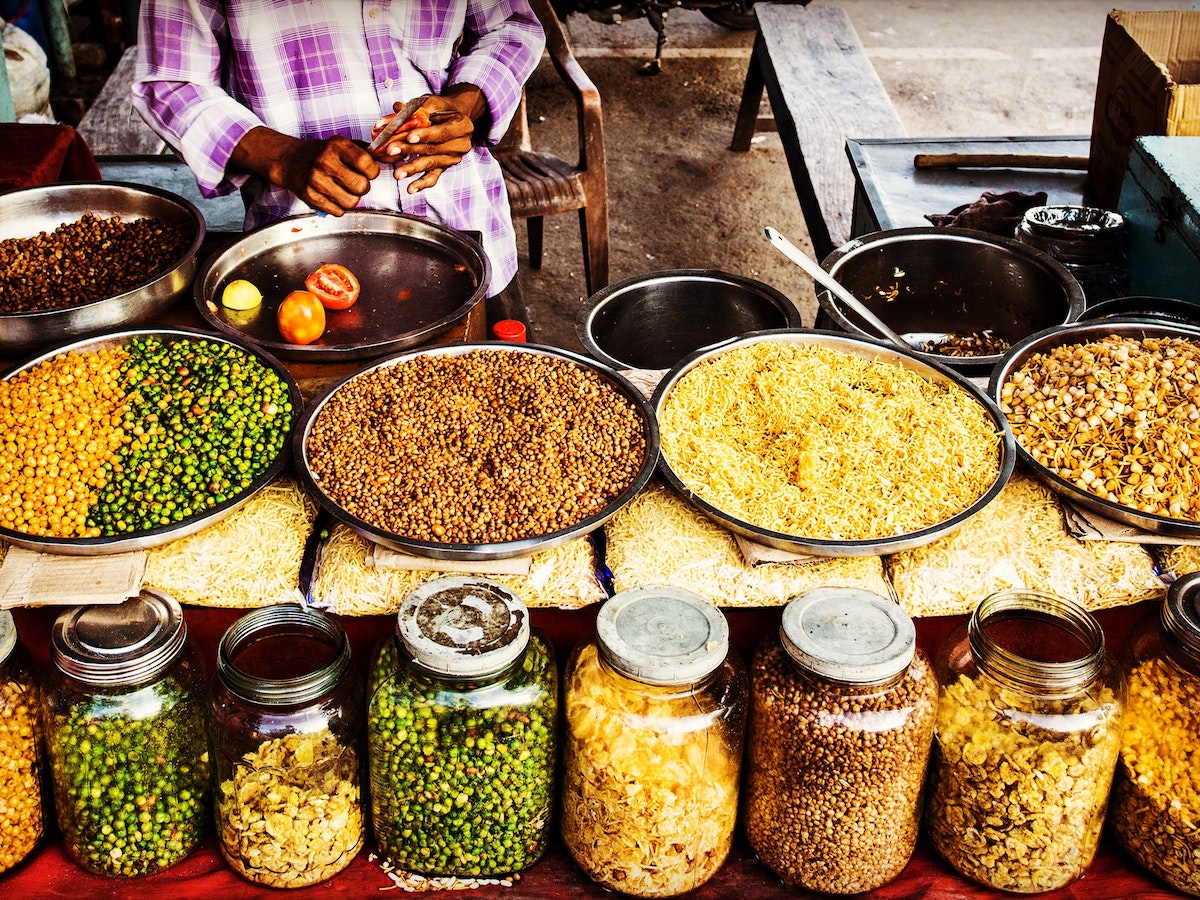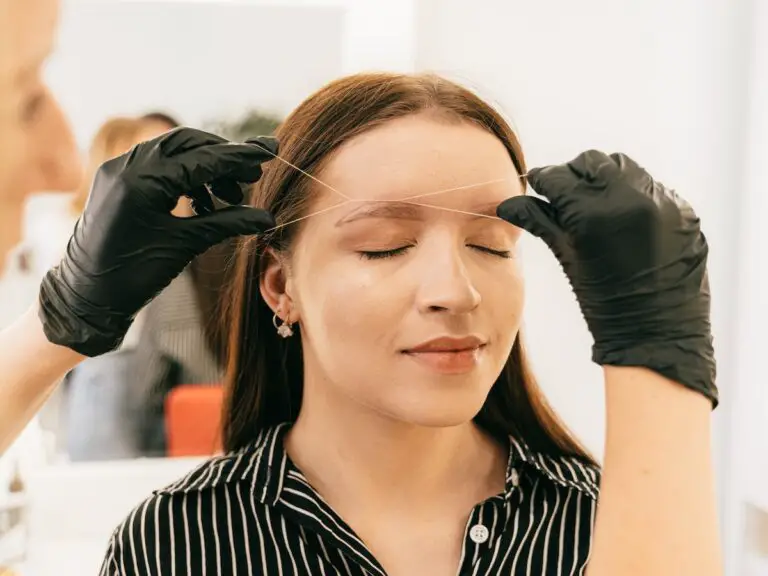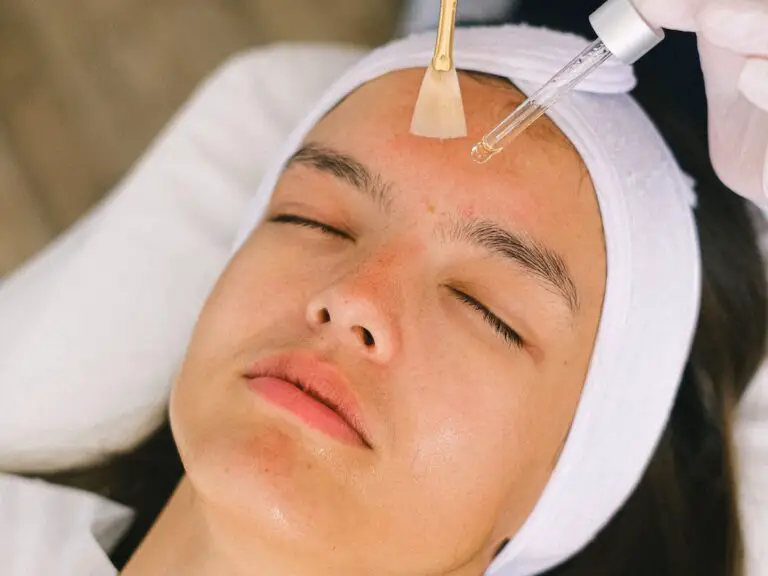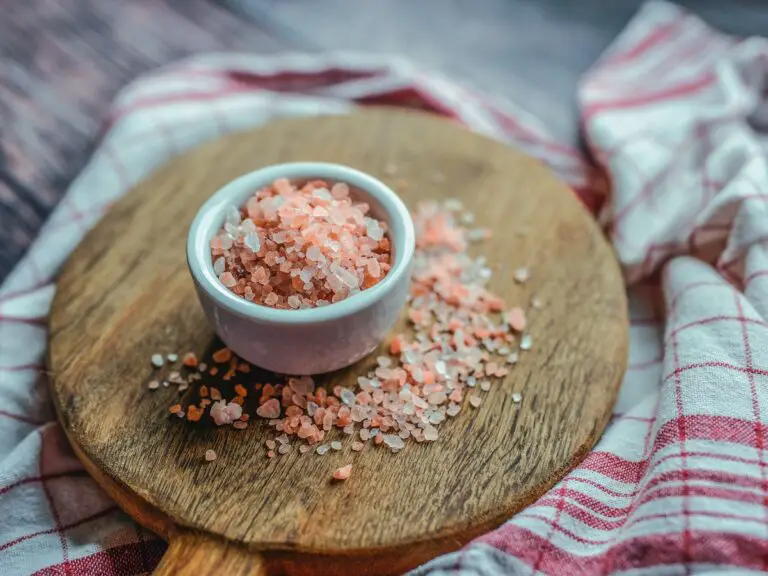Does Plant Protein Cause Acne Breakout?
Are you someone who cares about your health and loves to eat protein from plants? If so, you may have heard stories or been worried that plant proteins cause acne.
It’s time to determine what’s true and what’s not and examine the science behind this claim.
This blog post discusses the connection between plant protein and acne. We’ll look at scientific studies and personal experiences to give you a complete picture.
So sit back, relax, and find out if plant protein can cause annoying breakouts.
Table of Contents
Understanding Acne
It happens when oil and dead skin cells get stuck in the hair shafts, which leads to pimples, blackheads, and whiteheads. Even though many things can cause acne, such as hormonal changes and genetics, some people wonder if eating plant proteins could be a possible cause.
Acne and plant protein has a complicated link that we still don’t fully understand. But it’s important to remember that not all plant-based proteins are the same. Because of how they are made, different types of plant protein may have different effects on people who get acne.
For instance, soy-based foods like tofu have a lot of phytoestrogens, which the body uses, like estrogen. Some studies show that these compounds could cause hormonal imbalances that can cause acne worse in some people.
On the other hand, pea protein is often thought to be hypoallergenic and less likely to make people with sensitive skin react badly or cause redness. People who are worried about acne flare-ups might also be able to get the protein they need from hemp or rice.
It’s important to remember that there isn’t much scientific study on this topic right now, and what there is, isn’t very clear. Different people have very different experiences. For example, some people say their skin is clearer after moving to a plant-based diet high in protein, while others may not see any change or even see their symptoms get worse.
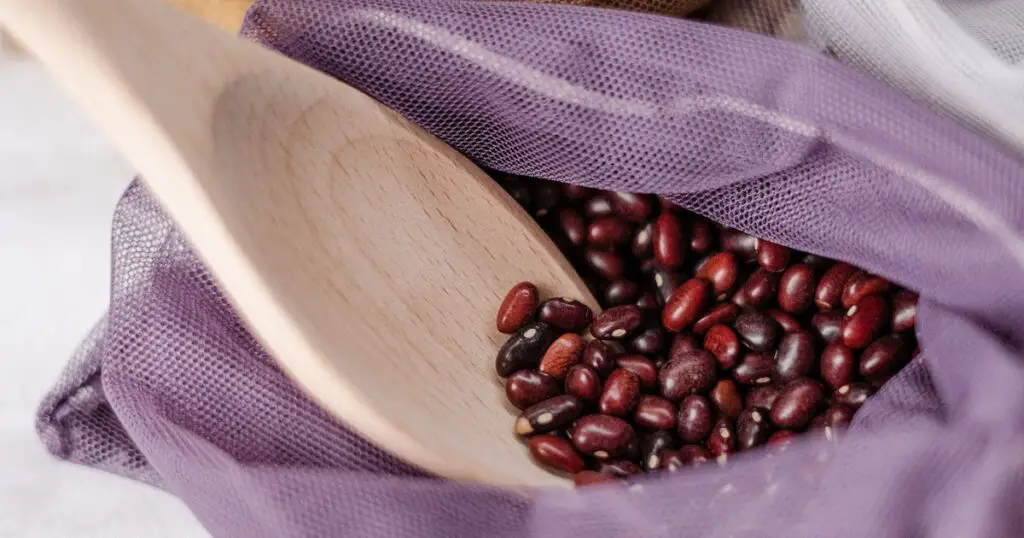
Plant Protein Sources and Composition
In the past few years, plant protein has become more common as a good alternative to animal protein. As plant-based diets become more popular and people become more aware of the need to protect the environment, many are looking to plant protein for its health benefits. But what is a plant protein, and how is it different from other kinds of protein?
Plant proteins come from many different foods, like legumes (like lentils and chickpeas), grains (like quinoa and brown rice), nuts and seeds (like almonds and chia seeds), and even some veggies like spinach and broccoli.
Most plant proteins don’t have one or more essential amino acids our bodies need. On the other hand, animal proteins have all the essential amino acids our bodies need. But you can ensure your body gets all the amino acids it needs by eating various plant-based foods throughout the day, like beans with rice or hummus with whole wheat pita bread.
In addition to the amino acids they contain, plant proteins often have other health benefits. For example, they tend to have less saturated fat than animal proteins and more fiber, vitamins, minerals, antioxidants, and phytochemicals, substances that can only be found in plants and have been linked to many health benefits.
Also, some studies show that eating more plant-based foods may lower the chance of getting heart disease, diabetes, and other long-term diseases. Plant protein is usually easier to digest than animal proteins.
So, there are many ways to get enough high-quality plant protein, whether vegan, vegetarian, or just want to eat more veggies for better health.
Examining the Effects of Plant Protein on Acne
When treating acne, we focus on skincare habits and hormonal changes outside our bodies. But have you ever thought about how your diet, especially the plant protein you eat, might affect those pesky breakouts?
People who are vegetarian or vegan can get a lot of protein from beans, nuts, seeds, and tofu, among other plant foods. These plant-based proteins are good for your health in many ways and contain important nutrients.
But some people think that getting acne from eating plant proteins is possible. Does this story have any truth to it? Let’s learn more about the subject.
There isn’t a lot of scientific study on the link between eating plant proteins and getting acne. Studies have been done on the link between dairy products and acne flare-ups, but few have only looked at plant-based proteins.
We also learn much about how diet changes our skin from our experiences. Some people may say they have more breakouts after eating more plant protein, but anecdotal proof should be taken with a grain of salt because everyone’s body reacts differently.
Consider these tips to find a good mix between the health benefits of plant protein and the risk of acne flare-ups:
Stay hydrated: Drinking a lot of water helps your body get rid of toxins.
Monitor Your Diet: Keep track of what you eat and watch to see if certain foods make your skin break out.
Eat whole foods: Instead of processed carbs, which may cause inflammation, choose whole grains.
Seek Professional Advice: Talk to a dermatologist or a nutritionist who can advise based on your unique needs.
When it comes to taking care of acne-prone skin, remember that everyone’s story is different. Paying attention to your body and making decisions that fit your needs and wants is important.

Scientific Research on Plant Protein and Acne
Several scientific studies have been done to look into the link between eating plant proteins and getting acne. These studies aim to learn more about whether or not there is a straight link between the two.
A study published in the Journal of Clinical Nutrition found that people who ate a high-protein diet that included plant-based sources of protein like beans, lentils, and tofu had less acne. This means that plant protein may be good for the health of your face.
Another study, released in the European Journal of Dermatology, looked at how adding soy protein to the diet affected people who get acne. The researchers found that people who ate soy protein had fewer inflammatory lesions, and their skin looked better than those who didn’t.
On the other hand, some studies show that acne can be made worse by certain plant proteins with more than two amino acids, leucine and methionine. But these results are still inconclusive, and more study is needed before we can draw any firm conclusions.
It’s important to remember that how plant proteins affect people’s skin can be different for each person. Some people might notice that their skin looks better after eating more plant-based proteins, but others might have bad responses. So, it’s always a good idea to talk to a dermatologist or other medical professional to get help that fits your needs.
Even though scientific studies can tell us a lot about how plant protein might affect acne, people’s experiences should also be considered. Many say their skin health improved after switching to a plant-based diet high in different veggie proteins.
Personal Experiences and Anecdotal Evidence
Personal situations can be very helpful when figuring out how plant protein affects acne. Even though the scientific study is important, personal stories can help us understand how plant protein affects people with different skin types and sensitivities.
Many people have said that adding plant-based protein to their diets helps their skin. They say their acne improved or completely disappeared when they switched to a plant-based diet high in proteins like beans, nuts, seeds, and tofu.
On the other hand, some people think that eating certain types of plant-based protein makes their acne worse. Some people have gotten more pimples after eating soy-based goods or high-protein grains like quinoa. But it’s important to remember that genetics or how you eat can also affect these things.
It’s important to note that anecdotal evidence should not be taken as proof that a link between plant protein and acne is real. These stories are told from a person’s point of view, and they may be different for different people depending on many things, such as their living choices and how much they can handle.
Personal experiences can explain how plant proteins might affect acne-prone skin, but you should be careful when using them. Because each person is different, what works for one person may not work for another.
Striking a Balance: Plant Protein and Acne Management
Finding a good mix between eating plant proteins and taking care of acne can be hard. On the one hand, plant proteins are important parts of a healthy diet and are known to have many health benefits.
To find this sensitive balance, you must know that not all plant proteins affect acne-prone skin similarly. Some study shows that isolated soy or pea protein powders and other highly processed forms of plant protein may make acne worse in some people.
But it’s important to many other plant-based protein sources of protein that might not be. Examples include whole foods like beans, lentils, nuts and seeds (like almonds and chia seeds), and tempeh.
In addition to choosing plant proteins that have been processed less, another way to deal with acne while still getting its benefits is to eat foods that support good skin function. This means eating enough leafy veggies, carrots, avocados, almonds, and other foods with vitamins A and E.
Also, it’s important to t your skin in general by keeping your face clean with gentle soaps that are right for your skin type and moisturizing regularly with products that won’t clog your pores.
By finding a balance between eating less processed forms of plant-based proteins, getting nutrients that help your skin work well, and taking care of your skin in general, you may be able to control acne while still getting the benefits of eating plant-based proteins.
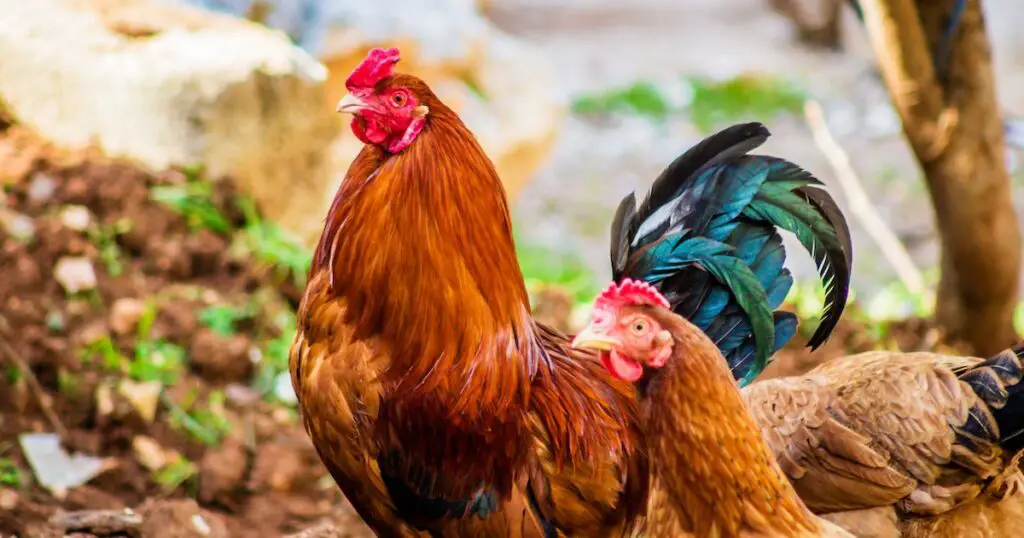
Alternative Protein Sources for Acne-Prone Individuals
It can be hard to find other ways to get the protein that won’t make can be hard your breakouts worse. There are a lot of choices that can give you the nutrients you need without making your skin break out.
Lean animal proteins like chicken and turkey breast are a great pick. These foods are low in fat and have amino acids that help build and repair muscles. They also have a lower glycemic index than proteins, meaning they are less likely to cause blood sugar levels to worsen and acne to worsen.
Fish is another great choice for those with acne looking for other ways to get protein. Salmon, mackerel, and sardines, for example, have a lot of omega-3 fatty acids, which help lower inflammation in the body. This can help the face indirectly by reducing the redness and irritation that come with breakouts.
You might want to eat more legumes if you’d rather get your energy from plants. Beans, beans, chickpeas, and tofu are all low on the glycemic index and contain a lot of protein. They also have fiber, which helps with digestion and keeps blood sugar levels in check, which are important when treating acne.
Nuts and seeds are also a good choice for people who don’t want to eat meat or plant-based nutrients. Almonds, walnuts, chia seeds, and flaxseeds all have a lot of protein and good fats that help you feel full and improve your health.
Adding these other types of protein to your diet can ensure you’re getting enough nutrition and keep your skin from breaking out. When making changes to your food, paying attention to what your body needs is important, as everyone’s reactions can be slightly different.
Conclusion
Both scientific data and personal experiences should be considered when discussing plant protein and acne. Animal and plant proteins differ in composition, which may affect acne-prone people. Plant proteins do not cause acne, according to research. Some plant-based diets may even improve skin health and minimize acne inflammation. Anecdotal data suggest that soy and whey protein isolates may cause acne flare-ups in certain people. Acne sufferers must listen to their bodies and observe how diet affects their skin.
Acne management while living a plant-based lifestyle requires nutritional balance. If plant proteins are causing breakouts, try hemp seeds, lentils, quinoa, or pea protein isolate. Diet affects everyone differently. Keep a diet journal to see if plant protein harms your skin.
Plant protein and acne should be approached with an open mind. Be aware of current studies and individual responses. You may add plant proteins to your diet without compromising clear skin by finding the correct mix for your needs and listening to your body.
FAQs
Even though protein is important for your general health and how your skin works, there isn’t much evidence linking plant protein directly to hormonal acne. But a balanced diet with enough protein, including protein from plants, can help keep the skin healthy and be part of a well-rounded plan for treating seasonal acne. It’s important to talk to a doctor or nurse for personalized advice on food and how to treat acne.
Focus on eating a well-balanced diet with a range of protein sources, such as plant-based proteins, lean meats, and dairy products, to reduce the chance of getting acne from eating protein. Also, keep good skin care habits, like washing your face regularly and avoiding putting too much oil or grease on your skin, to help prevent acne. Talking to a doctor or certified dietitian can help you get personalized advice on how to treat acne and get the most out of your protein intake.
There is no direct proof that plant protein shakes cause teen acne. But eating too much protein, not drinking enough water, and other things, like not taking care of your skin well, can lead to acne. No matter how many protein shakes a teenager drinks, they need to eat well, stay hydrated, and take care of their skin well to reduce the risk of acne. Talking to a doctor or dermatologist can help a teenager get personalized tips on how to deal with acne.
To prevent acne from whey protein, you might want to cut back on how much you eat, drink enough water, eat a balanced diet with a range of nutrients, and practice good skin care habits like washing your face regularly and avoiding products that clog pores. Some people with acne-prone skin may also find that moving to protein sources from plants or trying different protein supplements helps. It’s best to talk to a doctor or dermatologist to get personalized advice based on your wants and concerns.
Acne is not caused by vegan protein powder in and of itself. But everyone reacts differently, and some people may get acne flare-ups because of how their body reacts to the product or what’s in it. If you think vegan protein powder is making your acne worse, you should try a different brand or type of protein powder, drink enough water, and eat a balanced diet to help your skin stay healthy. When you talk to a doctor or dermatologist, they can give you advice tailored to your specific case.
Disclaimer: This article is for educational purposes only, and does not substitute any medical advice. Always consult a qualified healthcare professional for personalized advice before trying new treatments or medications.

General Physician
Senior Medical Writer
